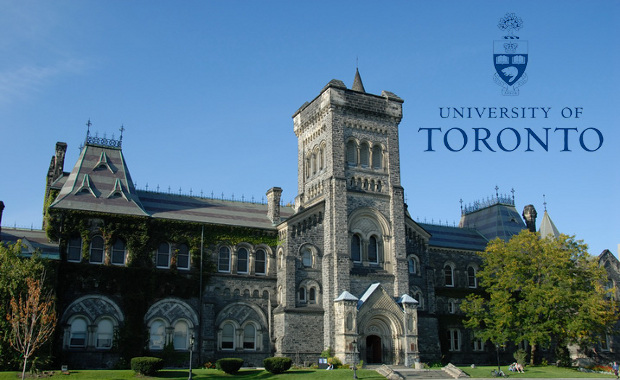Canada
About Canada
Canada boasts a wide range of quality educational institutions for both degrees and diplomas in technical and professional disciplines. Over 1,300,000 international students attend Canadian colleges and universities. Canada holds high international reputation for educational standard. The cost of living in Canada is lower than countries like Australia, England or the United States. Canada also offers post study work options to the eligible applicants.

Why Study In Canada?
- Canadian universities are known for being consistently high quality and for offering internationally accepted degrees and credentials; some are ranked in the top 100 by reputable sources as The Times Higher Education Supplement and Shanghai Jiao Tong University’s Academic Ranking of World Universities.
- Over 10,000 undergraduate and graduate degree programs are offered at more than 100 institutions nationwide—and, tuition is generally much lower than in other leading study abroad countries. Students can pursue their studies at one of Canada’s top universities for roughly half of what it would cost to attend an equally reputable program at a private US university.
- International students can expect to be assisted in their university studies by such resources and services as orientation sessions, support programs, academic advising, prayer rooms, safe walk programs, student clubs, and assistance with medical concerns or housing issues.
- International students can often work while they study, taking advantage of many cooperative education and internship opportunities. There are also immigration programs that international students may qualify for post-graduation.
- The high quality of Canadian university education is further enabled by membership in the Association of Universities and Colleges of Canada (AUCC) and provincial government charters.
- Education in Canada consists of elementary and secondary education, language schools, college system and universities.
Canada is a country in North America. Its ten provinces and three territories extend from the Atlantic to the Pacific and northward into the Arctic Ocean, covering 9.98 million square kilometres, making it the world’s second-largest country by total area.
Proof of financial support that shows you will have enough money during your stay in Canada to cover tuition fees, return transportation and $10,000 CDN per annum for living expenses (additional funds may be required if there are other family members accompanying you). Documentation for this requirement could be proof of a Canadian bank account or a bank draft in convertible currency, bank statements for the past four to six months, or proof of payment of tuition and residence fees. (As a guideline, $10,000 CDN plus to tuition fees per academic year are generally viewed as sufficient.)
The academic requirements (including evidence of English language skills) you need to study in Australia will vary Depending on the level of education you want to study. Institutions can have different entry requirements, please Contact us for details of each University requirements.
- Schools – Entry requirements vary between schools depending on the state or territory you will be Studying in. Academic performance and ability is considered during the application process.
- College System – In most cases there are no entrance exams for VET institutions. However, some courses may have specific pre-requisite subjects or work experience requirements.
- Higher Education Undergraduate – Theentry requirements for undergraduate programmed are still predominantly based on completed secondary education studies equivalent to Australia Senior High school level.
- Higher Education Postgraduate – As well as the satisfactory completion of at least one degree at undergraduate Level, your institution may take research ability or relevant work experience into consideration.
English language – Entry requirements vary between institutions, and according to the level of English language course you want to study. For admission to a Canadian Institution program, international applicants from non-English speaking backgrounds are expected to be proficient in English, as demonstrated by:
- Passing an approved test or
- Completing an Academic English program or
- Meeting an approved alternative requirement
The following English tests are accepted by Australian Institutions:
- IELTS – Academic
- Pearson Test of English (PTE) Academic
- Teaching of English as a Foreign Language (TOEFL) – PT and IBT
- University of Cambridge – ESOL Examinations for the Certificate of Proficiency in English (CEP) or the Certificate in Advanced English (CAE)
- Vocational Education and Training (VET)
- Minimum of 5.5 overall in IELTS and minimum 5.0 in each subtest
- Undergraduate
- Minimum of 6.5 overall in IELTS with minimum 6.0 in each subtest. Some courses like Teaching and Nursing require higher scores of Minimum of 7.0 overall in IELTS with minimum of 6.5 in each subtest
- Post Graduate
- Depending on the institution, the minimum requirement is 7.0 overall in IELTS with minimum of 6.0 in each subtest.

University of Toronto

University of Alberta

McMaster University

University of Waterloo